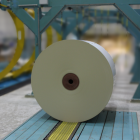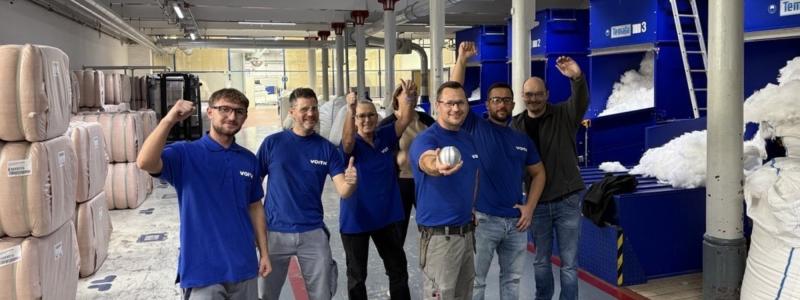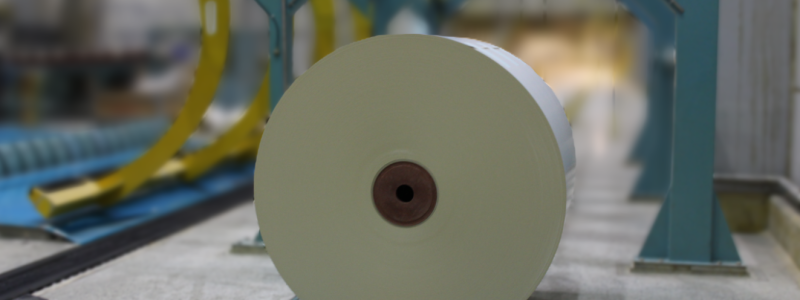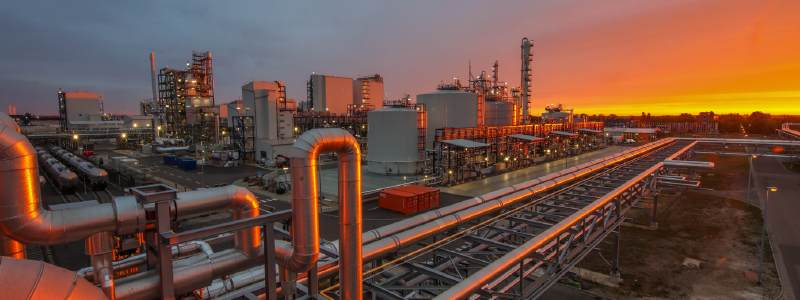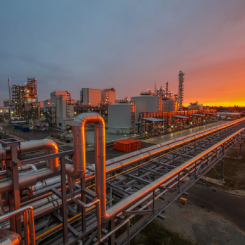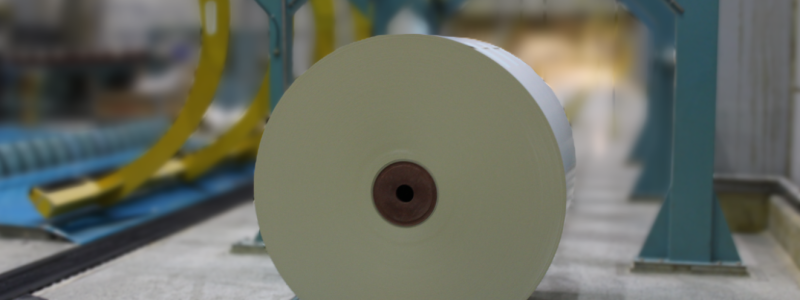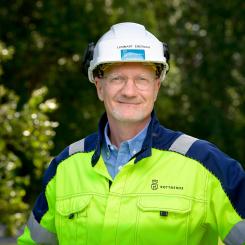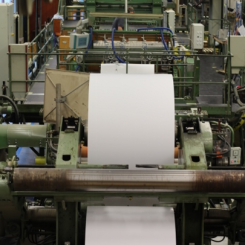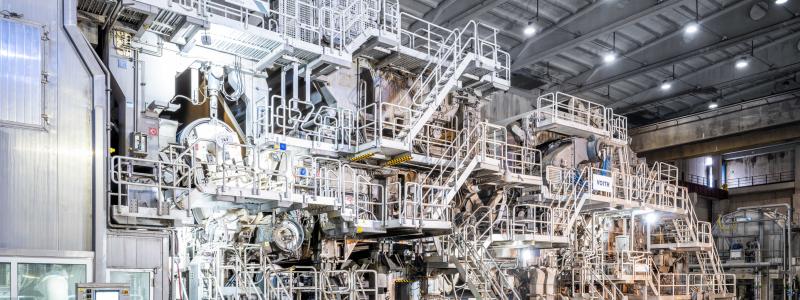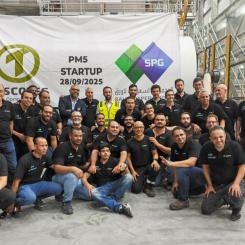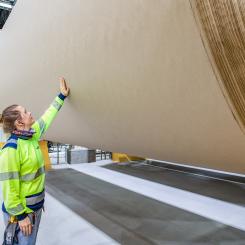UPM announces that it will build a new woodfree speciality paper machine at its Changshu mill in China.
The new machine is an uncoated woodfree speciality machine capable of producing up to 360,000 tonnes per year of uncoated woodfree grades and high quality label papers.
"This move is aligned with our strategic target to have more than 50% of our sales from well performing growth businesses in the latter part of the decade," said Jussi Pesonen, UPM's President and CEO. "It supports our growth in China and provides an excellent platform to strengthen partnerships with self-adhesive labelstock customers and expand into new end uses in Asia."
The machine is scheduled to start up by the end of 2014.
The investment will also include future-oriented infrastructure investments in the Changshu site, UPM said.
The total investment cost is CNY 3,000 million (EUR 390 million).
In addition, UPM Changshu is finalizing a 100,000 tonnes cut-size sheeting line investment to help strengthen UPM's position in office paper grades in China.
According to UPM, both label paper and uncoated woodfree papers have a healthy demand outlook in Asia. The annual growth of UPM’s label paper mix is expected to be 8% in Asia and 4% globally. In uncoated woodfree grades, UPM focuses on high quality office paper, where the Chinese market is expected to grow by 8% annually.
Jyrki Ovaska, President of UPM's Paper Business Group, noted, "China and emerging Asia are our natural growth markets where we already have a unique market position, good customer base and excellent distribution networks. Asian label paper customers with multiple end-use areas clearly pose a further opportunity for us.
"It is worth noting that for the first time about 70% of the investment will be based on Chinese currency and we aim to maximize the use of Chinese subcontractors."
Ovaska emphasized that Changshu site is very competitive with excellent environmental performance. It accommodates two paper machines, a labelstock factory, power plant and a jetty. The site has been recognized by the Chinese state authorities for its sustainable production and innovative and low-emission technologies.
"We are building the expansion with similar sustainability standards, using best available technology," he said.


